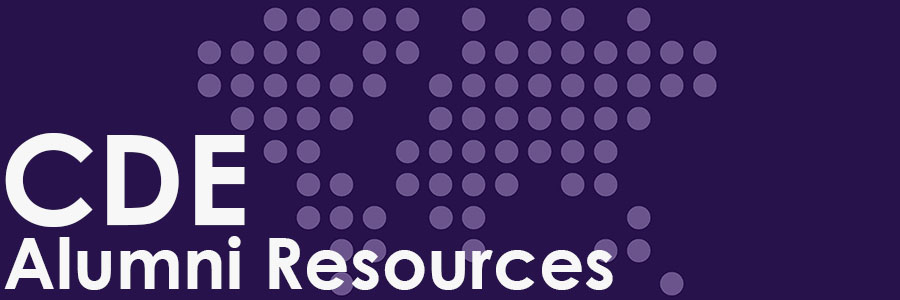Audio Content: Governance, Institutions, and Political Economy
Hosted by Bill Finan, with guest Liah Greenfeld
First aired on June 21, 2019.
In this Brookings Cafeteria Podcast, Bill Finan interviews Liah Greenfeld of Boston University about Greenfeld's book, Nationalism: A Short History.
Their discussion is deeply thought-provoking. Although the discussants often return to the example of the United States, the claim that nationalism comes from a sixteenth-century world, and that none other than William Shakespeare contributed to what we know now as the language of the nation and democracy, makes this well worth the listen.
Bear with Greenfeld through the first few minutes: her claims about the origins of nationalism might seem outlandish at the outset, but as she elaborates about the idea of "nationalism" coming from a conception of "equality," you'll see where she's coming from. She draws a distinction between a world with "nobles" and "commoners" and one in which every life is, in theory, supposed to have equal value, and where anyone could, in theory, climb their way up the slippery pole of social status. Before such a monumental shift could occur, a peasant expecting to become a noble was "inconceivable." People of different classes were regarded as being different, by blood, the way that horses and chickens are just intrinsically different. Expecting social mobility, she claims, would be like "expecting to ride a chicken, or that a horse would lay eggs."
The discussion still has a western or European feel to it, and I'm sure everyone who listens will have their own critiques to make. If you're looking for insights into the nationalistic world of today, though, this podcast is a nice place to start.
At the end of the podcast, Brookings Fellow David Wessel talks a little bit about the Fed in 2019, and gives us a nice reminder of, hey, why is it that a little inflation is desirable, again?
Liah Greenfeld's Nationalism: A Short History provides an introduction into how the concept of the nation came to define modernity and how we see ourselves in the world.
Related Content:
See the review of Greenfeld's book, Nationalism: A Short History
